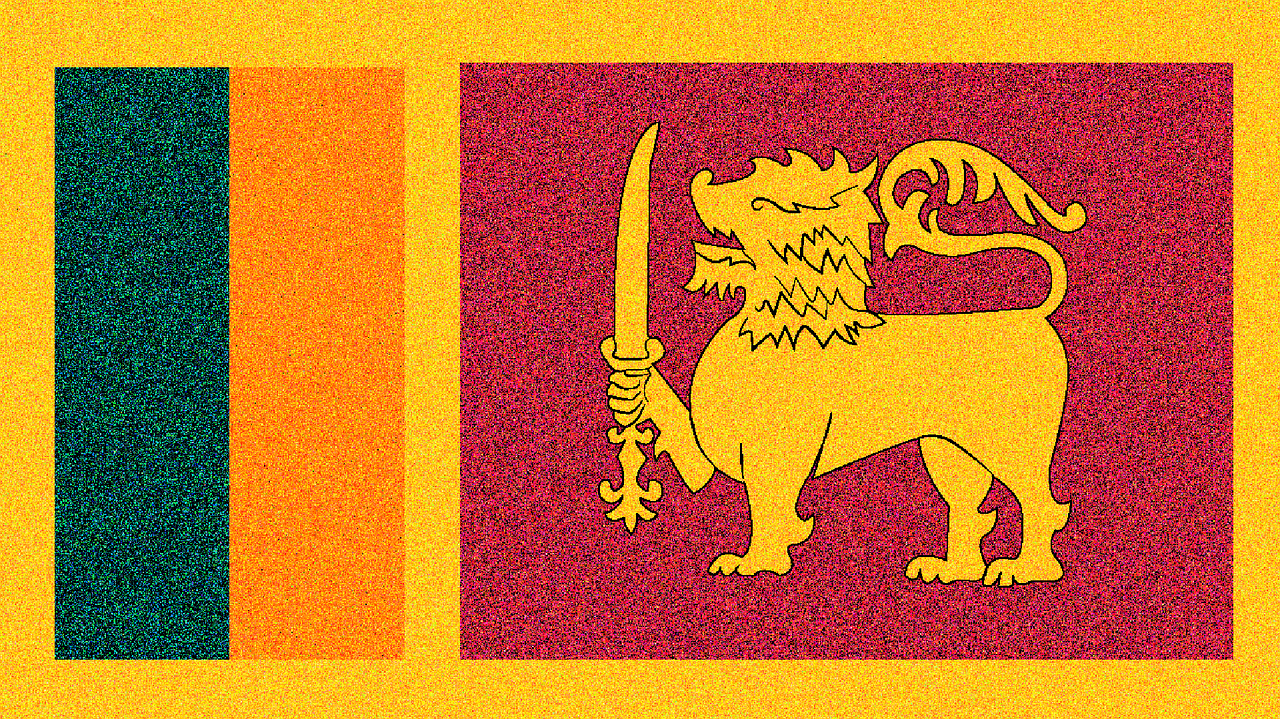In this turbo year of polls it has just been Sri Lanka’s turn in the electoral spotlight. Presidential elections – the first since former strongman Gotabaya Rajapaksa (GR) was forced from power by a popular uprising in 2022 – resulted in victory for what some media outlets are deftly calling the ‘left leaning’ Aunura Kumara Dissanayake, commonly known as AKD.
The result was a first for Sri Lanka in several senses. it was the first time in the country’s post-independence history that a presidential election winner failed to secure an absolute majority on the first round of voting: a tally of second preference votes was needed to take AKD over the line. It was also the first time the country has elected a clearly left-of-centre party leader as president.
What this tells us about the state of the country is of course the focus of post-electoral punditry. For many there is little doubt that the outcome reflects popular discontent with the austerity policies imposed on the country by outgoing caretaker President Ranil Wickremesinghe.
While some of the economic indicators such as inflation and foreign currency reserves are looking up, for many ordinary Sri Lankans the years since the economy’s 2022 meltdown have been nothing short of catastrophic. With an estimated 7 million Sri Lankans – roughly one third of the population – currently living on or below 2 dollars a day – AKD’s campaign focused on poverty relief.
It also focused on the twin evils of cronyism and corruption that continue to bedevil the country. Cronyism reached its nadir during the long decade of Mahinda Rajapaksa (MR)’s rule (2005 – 2015), when MR successfully manoeuvred legions of both his immediate and extended family into top positions in government, parliament, the public sector and so on. The legacy is evident in the current parliament dominated by a party – the SLPP – that owes its existence to the Rajapaksas.
Corruption, too, remains endemic in public life. When AKD promises, as he has done, to put a stop to it, at the foremost of his mind is probably corruption of the high-level variety. Yet it is corruption in its lower-level guise that blights the lives of ordinary Sri Lankans. The traffic cop proposing a ‘consideration’ instead of an unearned speeding ticket; the government offices where palms need to be greased in order to get a permit. The list is endless. And while AKD will undoubtedly be able to rally public support when he sets about combating everyday corruption – no less cronyism – in practice, the obstacles he faces in doing so are considerable.
Some are describing his victory as the next stage – perhaps even endpoint – of the aragalaya (‘Uprising’) that began in spring 2022 in response to catastrophic economic mismanagement by Gotabaya Rajapaksa’s (GR)’s regime and ended in his July 2022 ouster. A reminder, however, of the challenges confronting AKD’s incoming administration is provided by what happened to the aragalaya itself in 2022. Following his resignation GR was replaced by a man seen by GR’s parliamentary majority party, the SLPP, as best placed not to further the aragalya’s call for a total clear-out of a corrupt, autocratic regime but to protect their interests, impunity for past misdeeds included.
This is precisely what outgoing president and veteran politician Ranil Wickremesinghe (RW) proceeded to do, resulting in the obscenity of SLPP MPs whose houses had been burnt or damaged in a violent flare-up instigated by unknown perpetrators in summer 2002 spending the months after GR’s ouster demanding that the government focus not on rescuing an economy in free fall, but on compensating them handsomely for their losses. This is the context into which AKD comes. Moves to dismantle such entrenched structures will be widely supported. But there are a few mountains to climb in the process.
An early litmus test for AKD will be provided by how he approaches the tricky question of the country’s current 2.9 billion dollar IMF bailout package. On one side, his election campaign was peppered with pledges to renegotiate – though not abrogate – aspects of the deal. On the other, he as much as any other party leader knows that for the moment at least, the country’s economic survival hinges on its continuation.
How will AKD manoeuvre here? These days, many commentators emphasise the pragmatic underpinnings of AKD’s particular brand of leftism. Yet this is hardly the story of his own party, the JVP (People’s Liberation Front). A Marxist movement in origin, the JVP initiated two failed national uprisings, the first in 1971 and a second, far bloodier one in 1987-1989. For the last few decades they have also been one of most vociferously nationalist of the countries, opposing any and all moves to devolve greater power to the country’s Tamil minority.
Since assuming the party leadership 10 years ago, AKD has moved adroitly to distance himself from the most problematic aspects of the JVP’s past. But has the party itself moved in the same direction? For years, for example, its website has read like the relic of a bygone revolutionary era in which the details of what Comrade X said to Comrade Y at the party congress vied for attention with the sayings of party founder Rohana Wijeweera, killed by government security forces in 1989, i.e. the latter stages of the second JVP Uprising.
As of today there is little sign of change on that front. Will AKD be able to carry the comrades with him on his journey into power? A question about him that like many others, remains to be answered.

Mark Salter is a journalist, analyst and writer, and the author of To End a Civil War: Norway’s Peace Engagement in Sri Lanka and From Independence to Aragalaya: A Modern History of Sri Lanka (both published by Hurst). A former BBC radio journalist, he first visited Sri Lanka in 2002, and has lived on the island since 2019.
